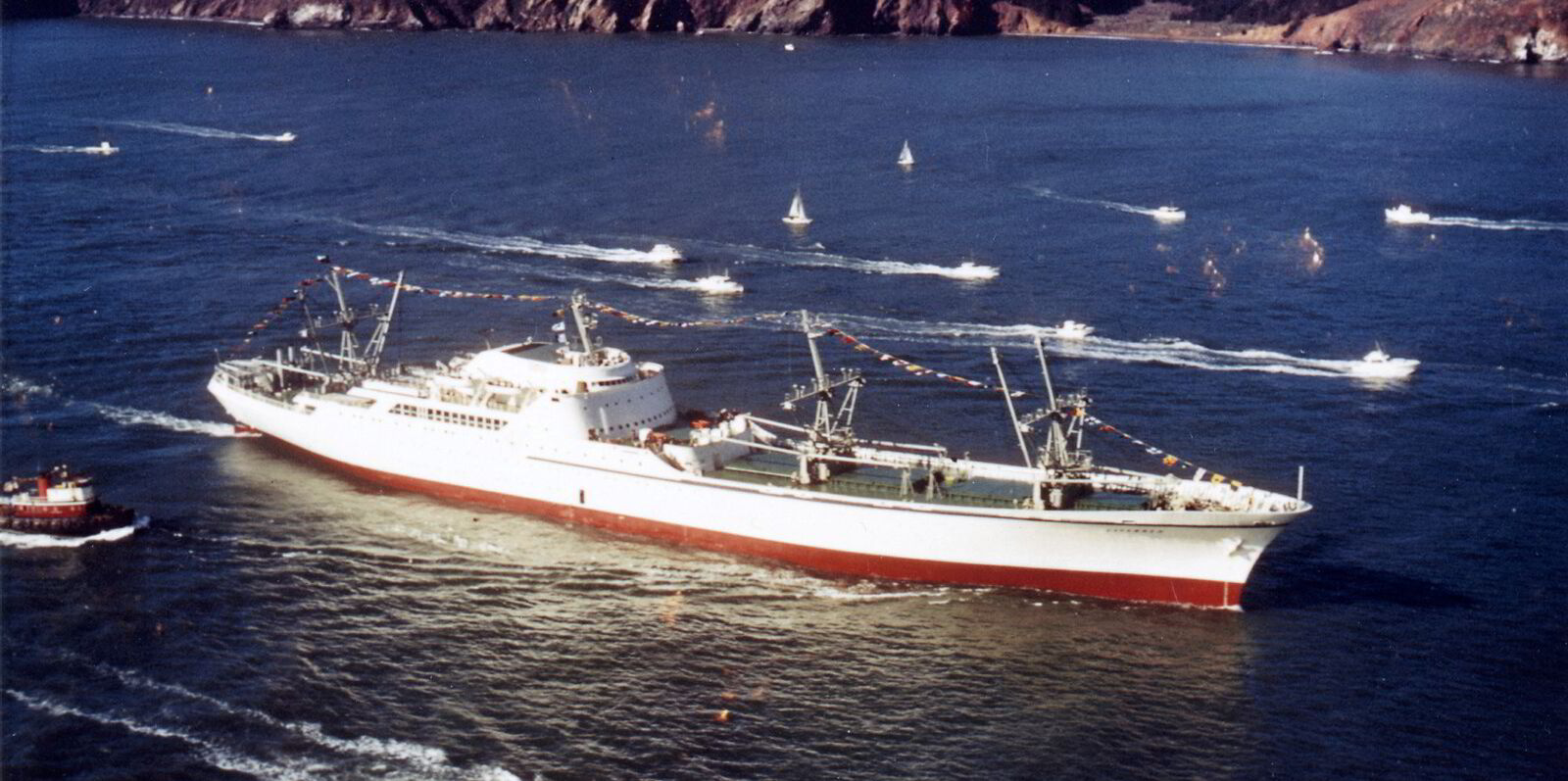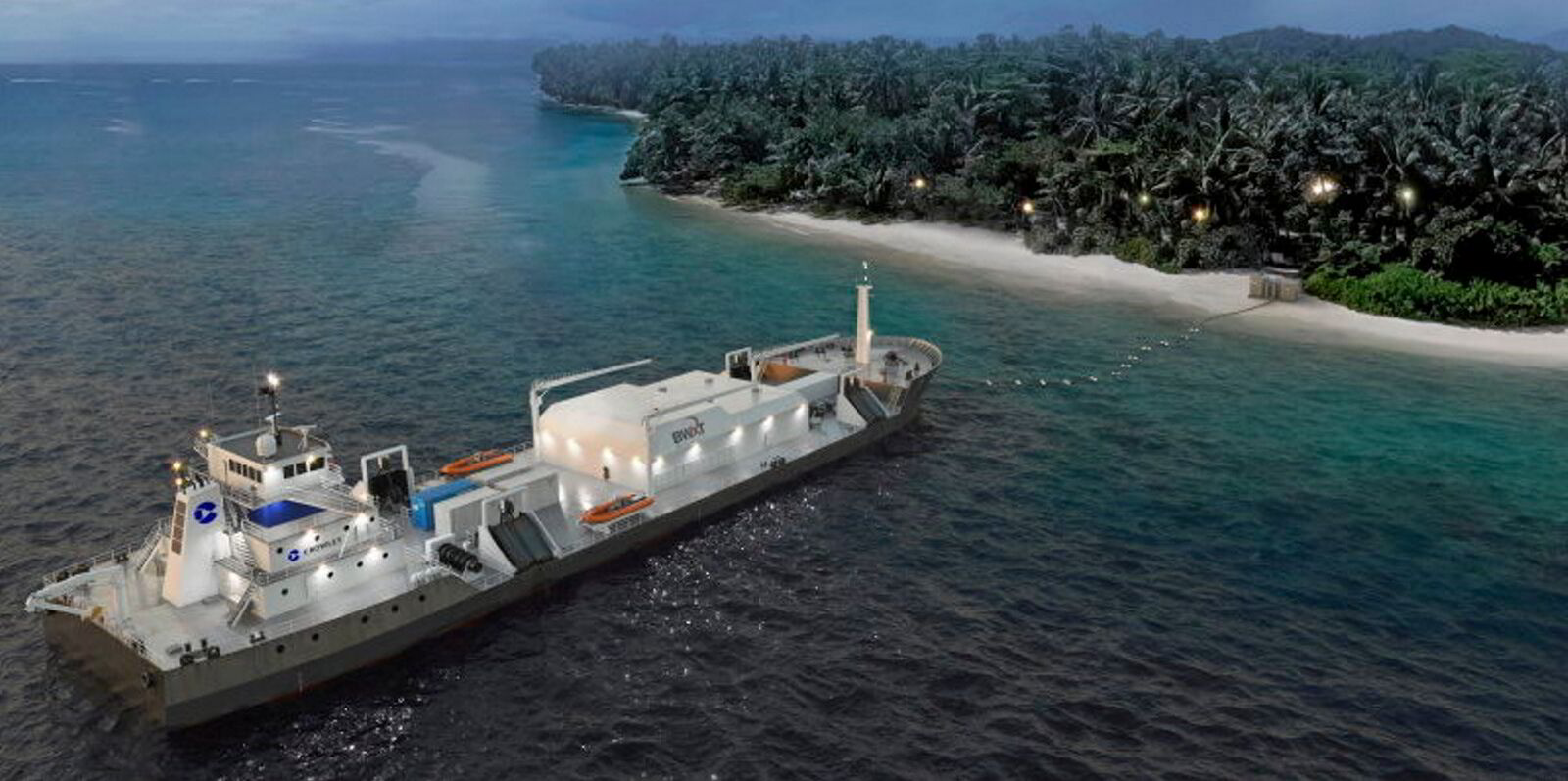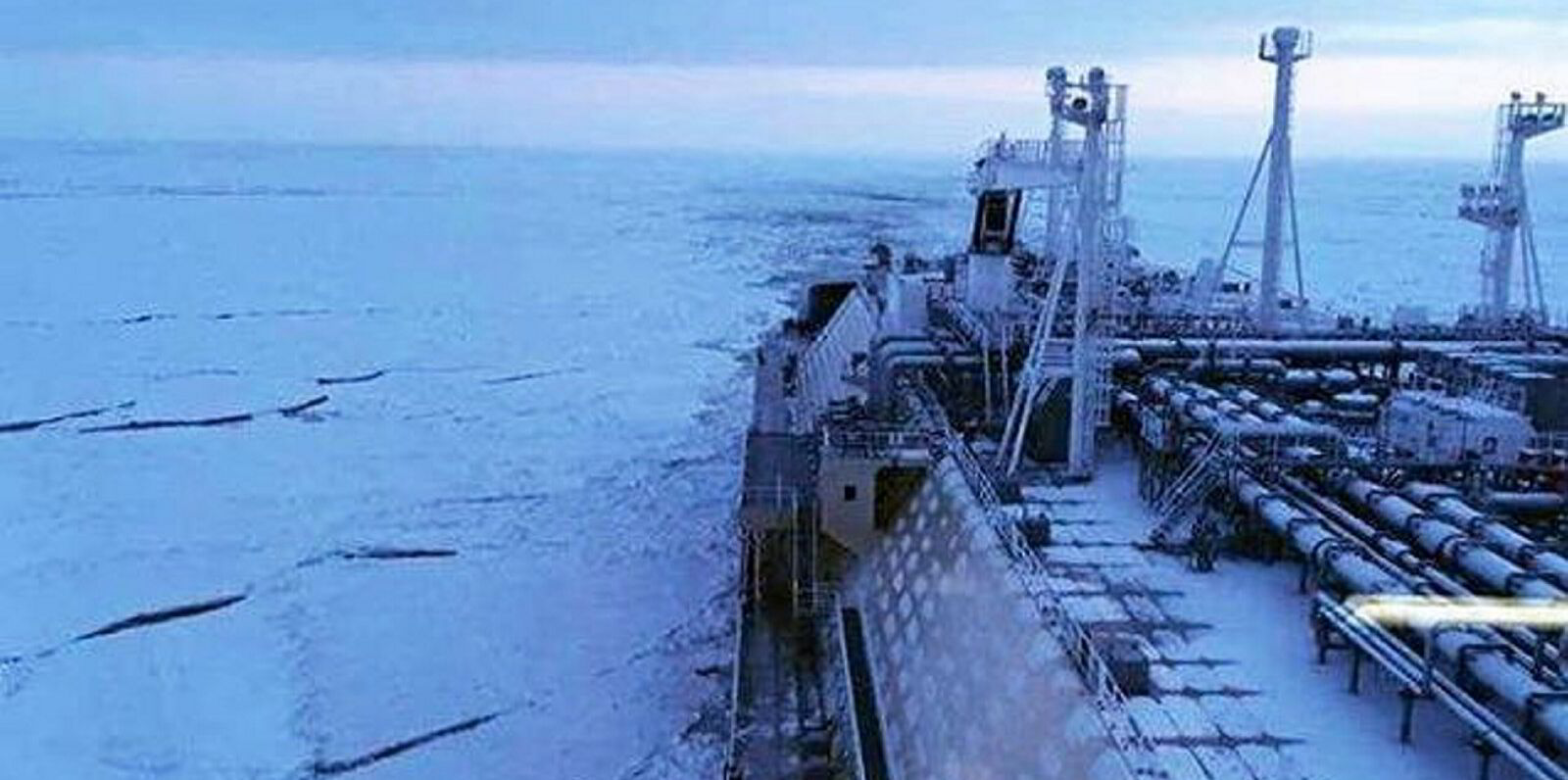Nuclear power has the potential to revolutionise shipping by eliminating vessel emissions and the need for a bunkering network, according to a report by class society Lloyd’s Register.
The 40-page assessment raises the prospect of a fundamental change in the ownership structure of ships, with a power company owning onboard reactors and charging shipowners for power produced.
“Nuclear energy offers the potential to be as transformational to shipping as the shift from wood to iron, the shift from sail to steam, or the advent of containerisation,” said the report, the latest in a series on future fuels for the global fleet.
Nuclear power for shipping remains a project under development. There are barriers to its widespread adoption, but projects are gaining support because of the limitations of green fuels.
The report, Fuel for Thought: Nuclear, cites the use of nuclear propulsion for seven decades by navies, along with icebreakers and state-owned cargo ships, and highlights key benefits including limited bunkering and complete emission-free shipping.
“A key operational differentiator is that they do not require bunkering,” it said.
“Instead of regularly taking on fuel for the voyage ahead, nuclear reactors have the potential to run for years or even decades without refuelling.
“Refuelling schedules are expected to range from a minimum of five to eight years and potentially as long as 30 years.”

Lloyd’s Register is a founding member of the Nuclear Energy Maritime Organization, a new body that is open to companies with a link to the floating nuclear power industry.
Its chairman, Mamdouh el-Shanawany, said in an introduction to the Lloyd’s report that the scale of the challenge to make shipping net zero by 2050 has put nuclear back on the agenda.
“Nuclear power is the ultimate decarbonisation solution, but won’t be suitable for all ships,” he wrote.
Nuclear has some powerful supporters, including Greek magnate George Economou.
He said last month that it is the only future fuel he likes but it will never become commercially viable because it is politically unacceptable.
The 1986 meltdown at Chernobyl in the former Soviet Union and a tsunami that overwhelmed the Fukushima nuclear plant in Japan in 2011 continue to colour public opinion, the report said.
Other major shipping players remain sceptical, given the advanced development of green fuels and the economic, political and regulatory barriers still faced by nuclear power.
The first modern commercial prototypes for ship-based reactors are not expected to be ready until the early 2030s, according to UK nuclear technology start-up Core Power.
Mark Tipping of Lloyd’s Register said: “Whilst its use in commercial shipping has been limited, by overcoming negative perceptions and a lack of investment levels, nuclear propulsion could provide immense value for the maritime sector in its decarbonisation journey.”

Read more
- Core Power plots $10bn orderbook as shipping’s nuclear option splits opinion
- Risk, technology and safety: Why class society is staying mum on future fuels
- By George: Economou blitzes Capital Link with views on nukes, wars and investment bankers
- Wind revolution sees British funding shift focus from shipbuilding to cleantech
- British cleantech firm gets venture capital funding for wind propulsion trials
- Nuclear shipping propagators band together to found NEMO





